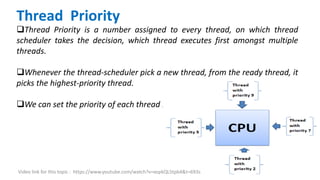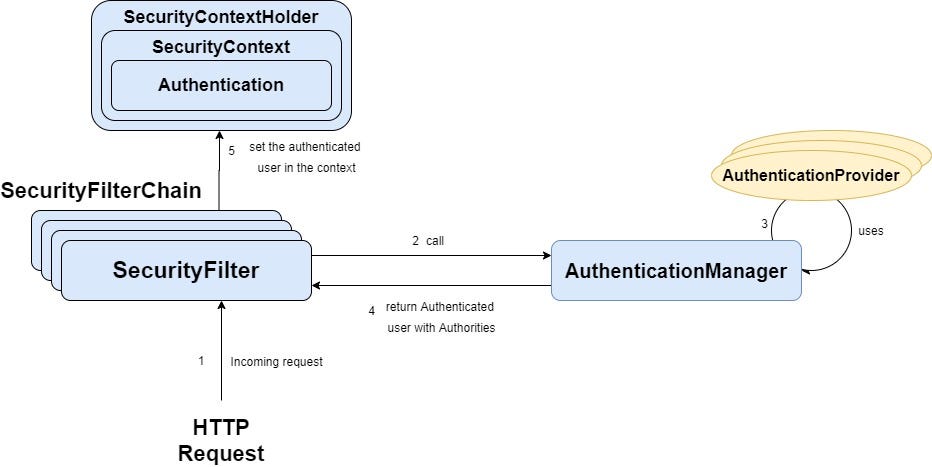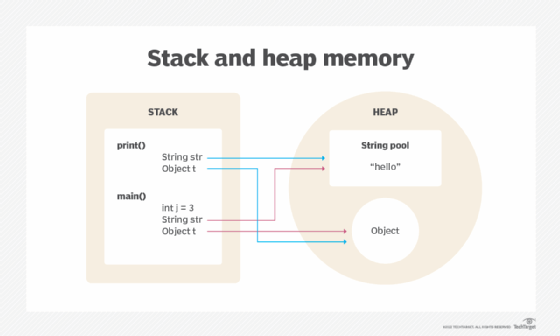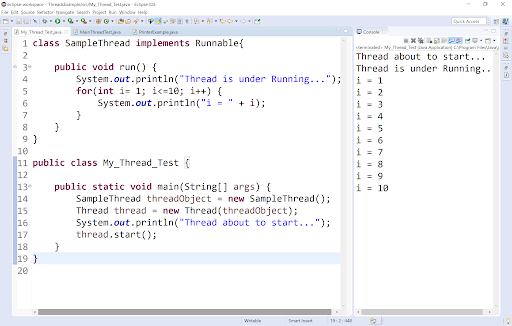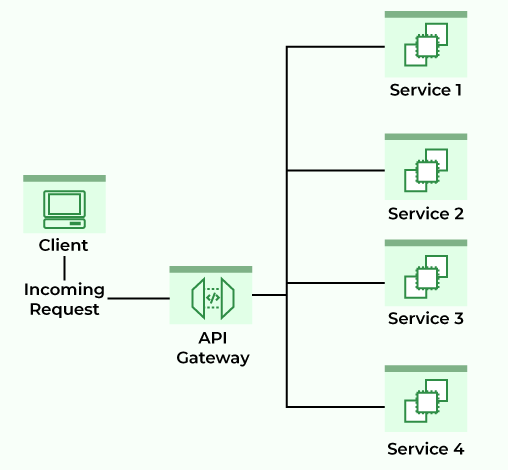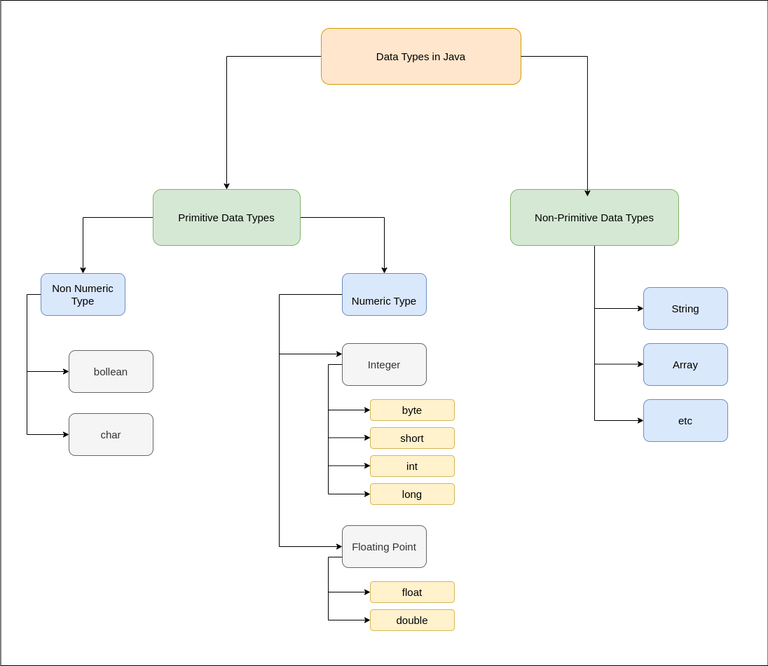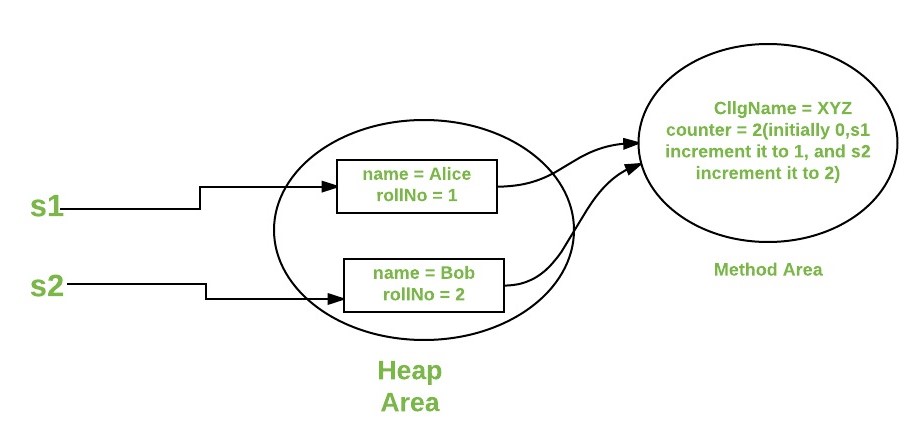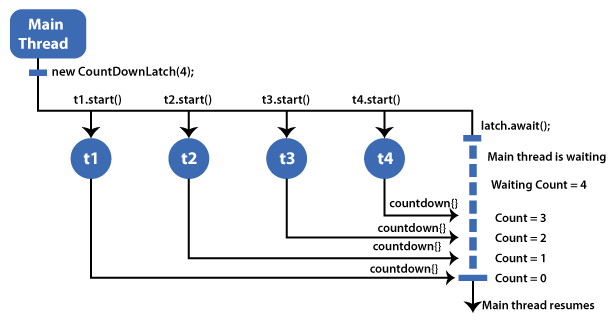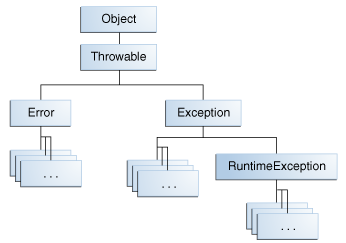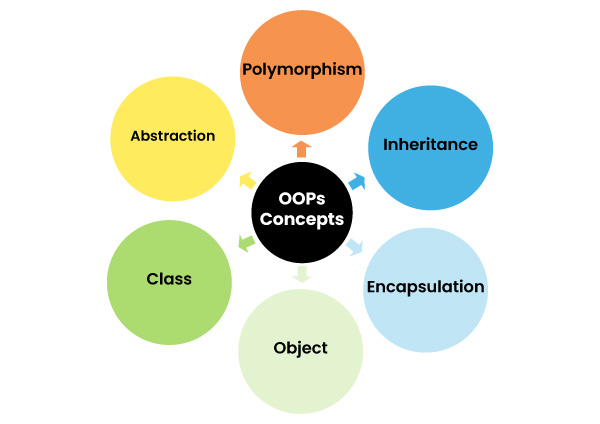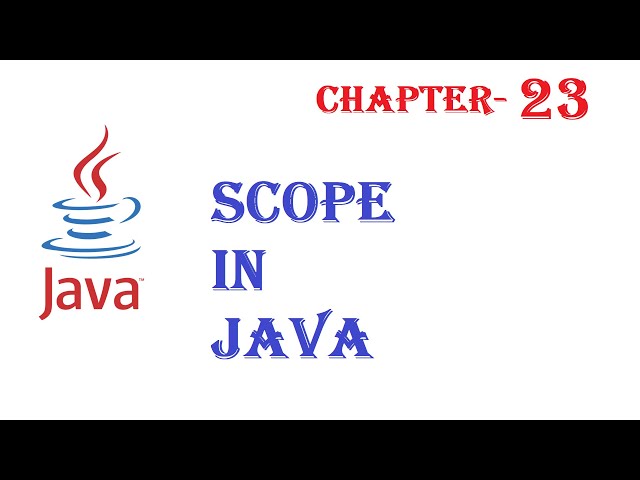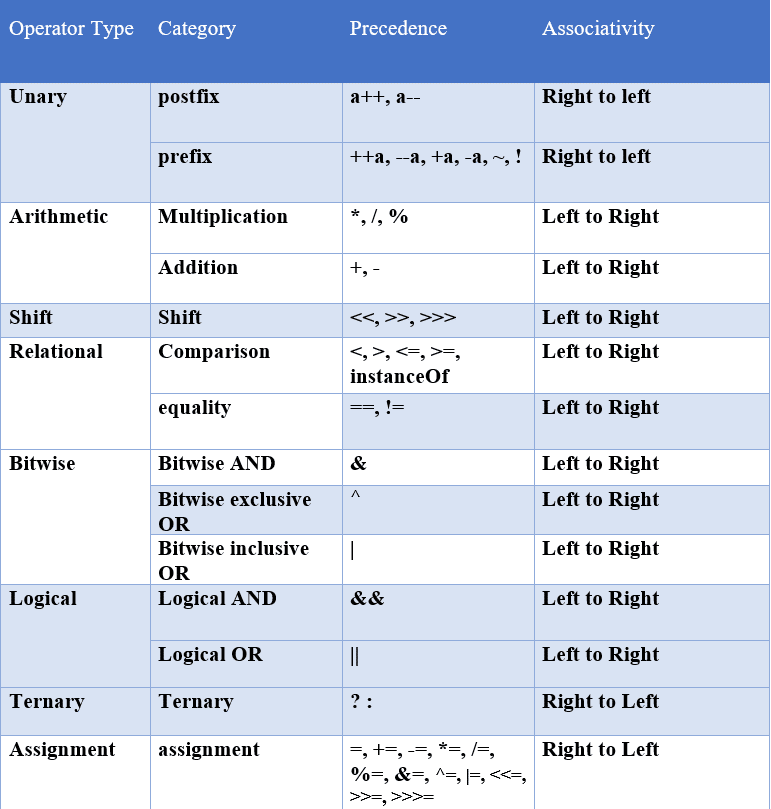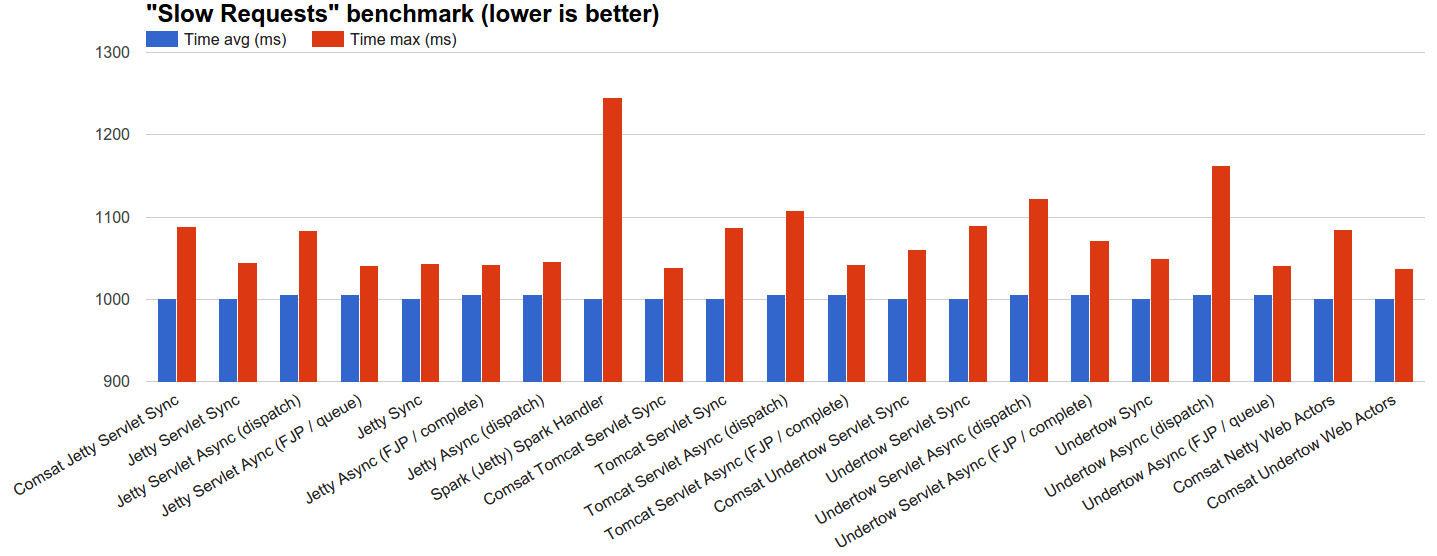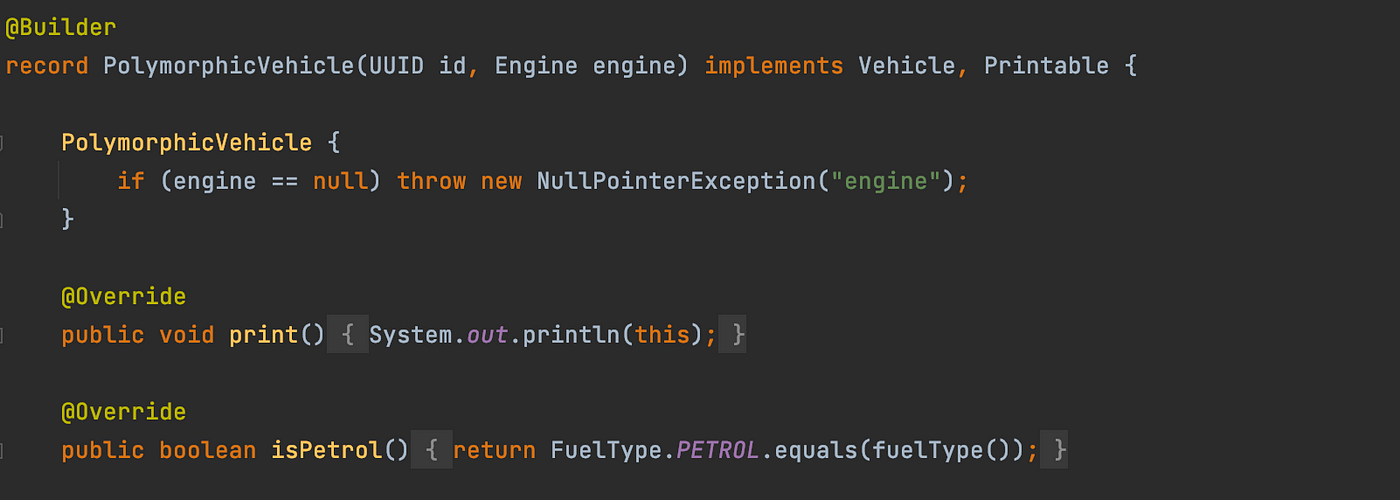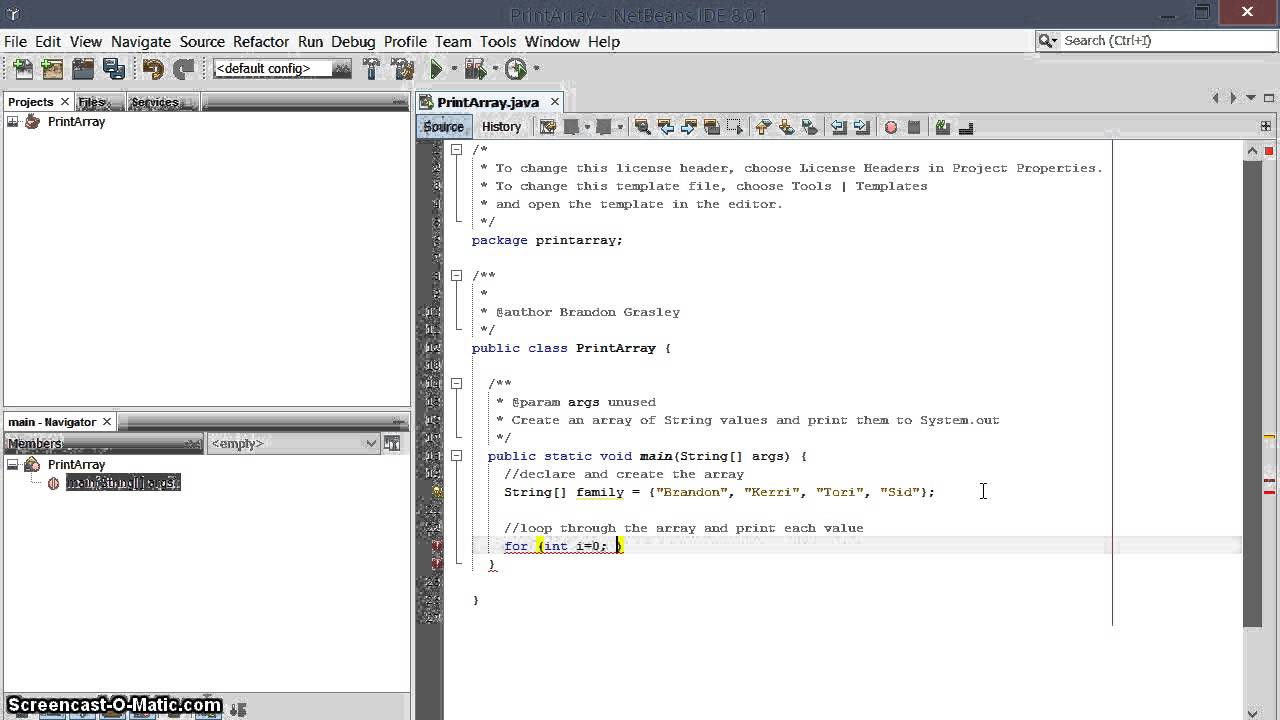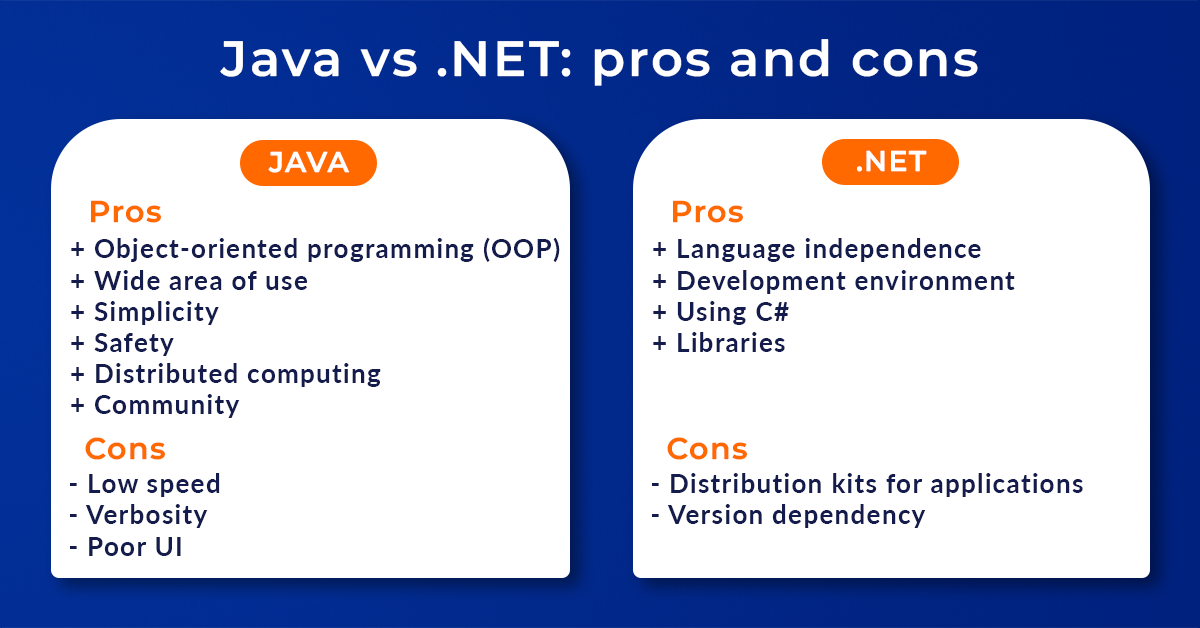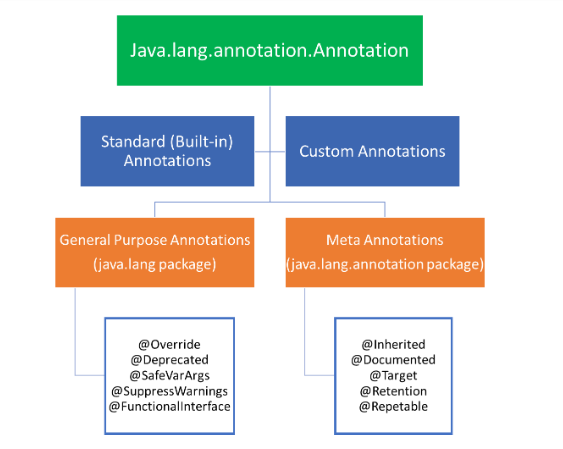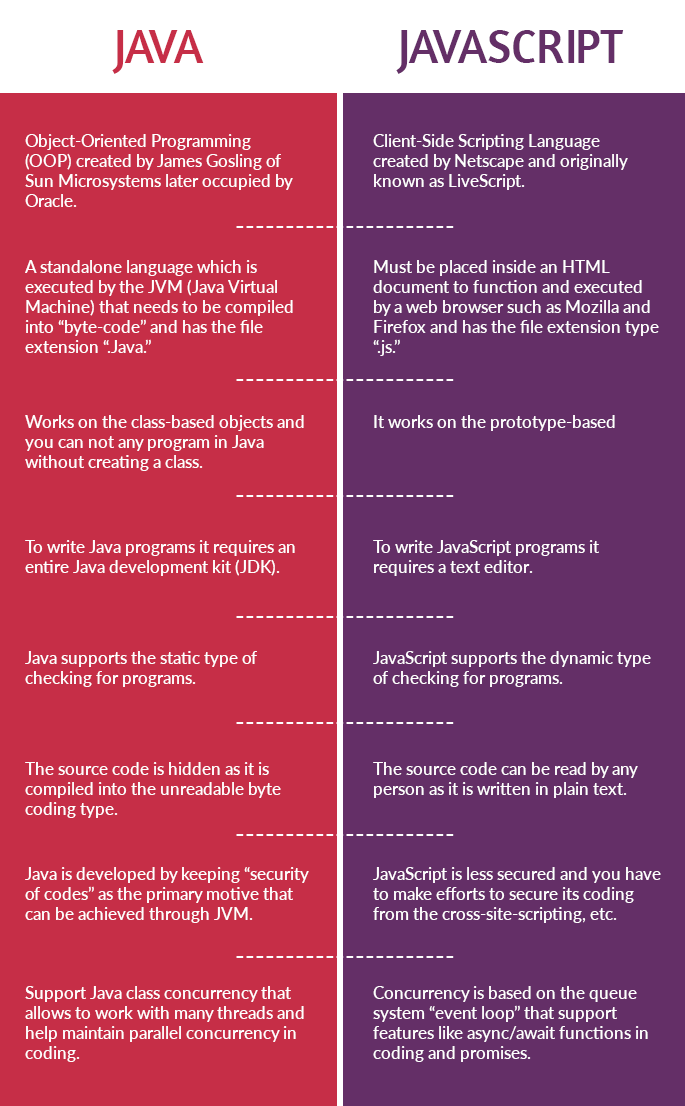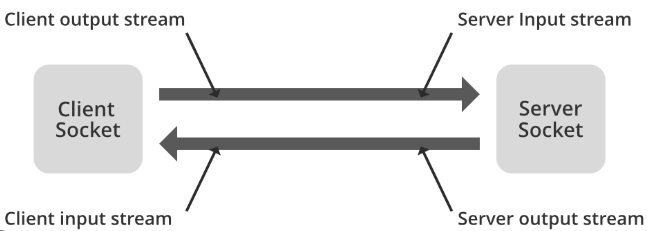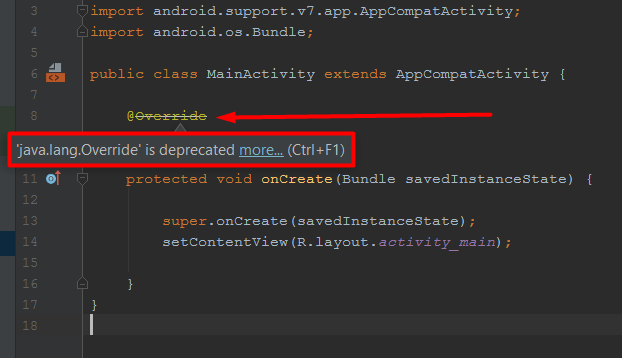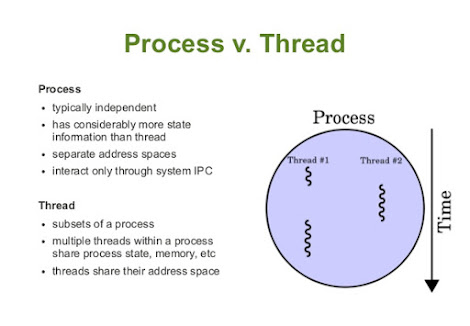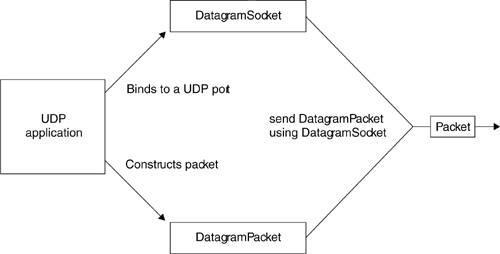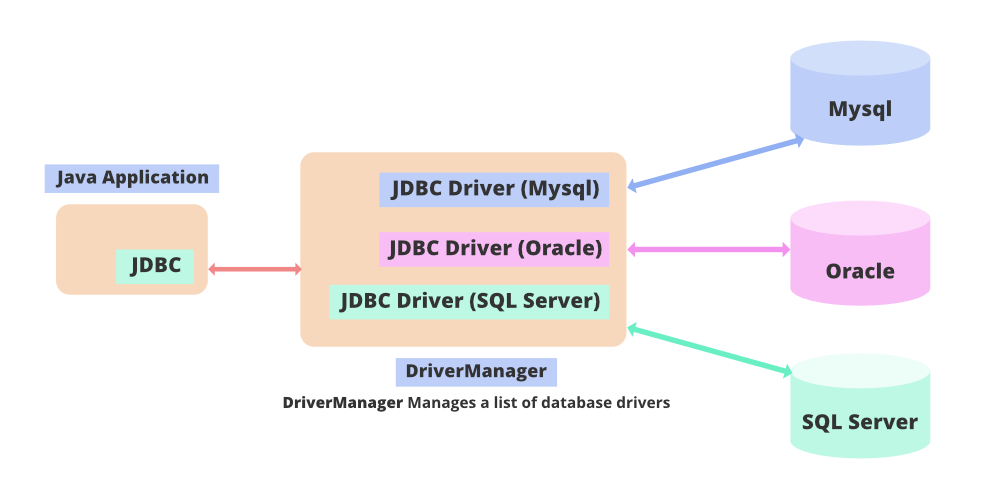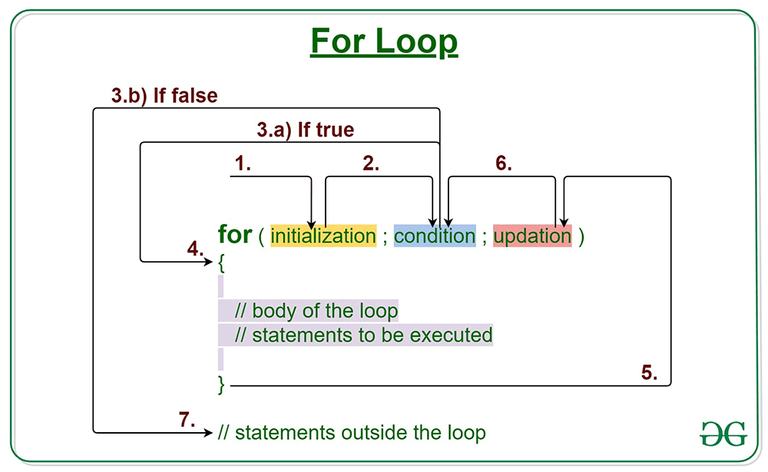java generic method
java generic method
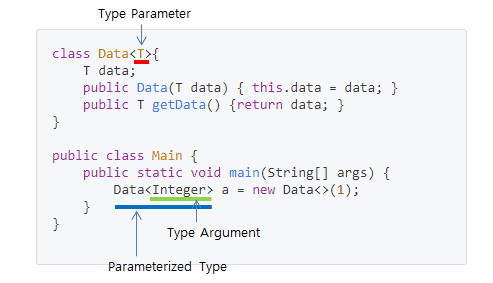
Java Generic Methods!
In Java, a generic method is a method that can operate on different types of data, thanks to the use of type parameters. This allows you to write methods that are reusable and flexible, making your code more robust and maintainable.
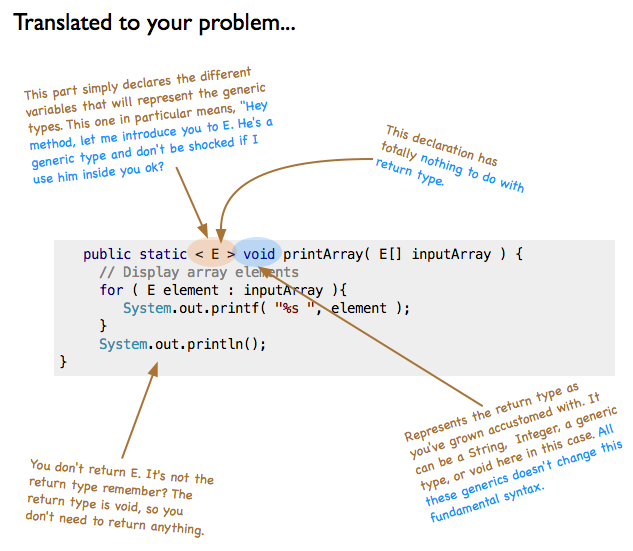
A generic method in Java starts with the public or private access modifier, followed by the return type, the method name, and then a pair of < and > characters. The part inside these brackets is where you specify the type parameter(s).
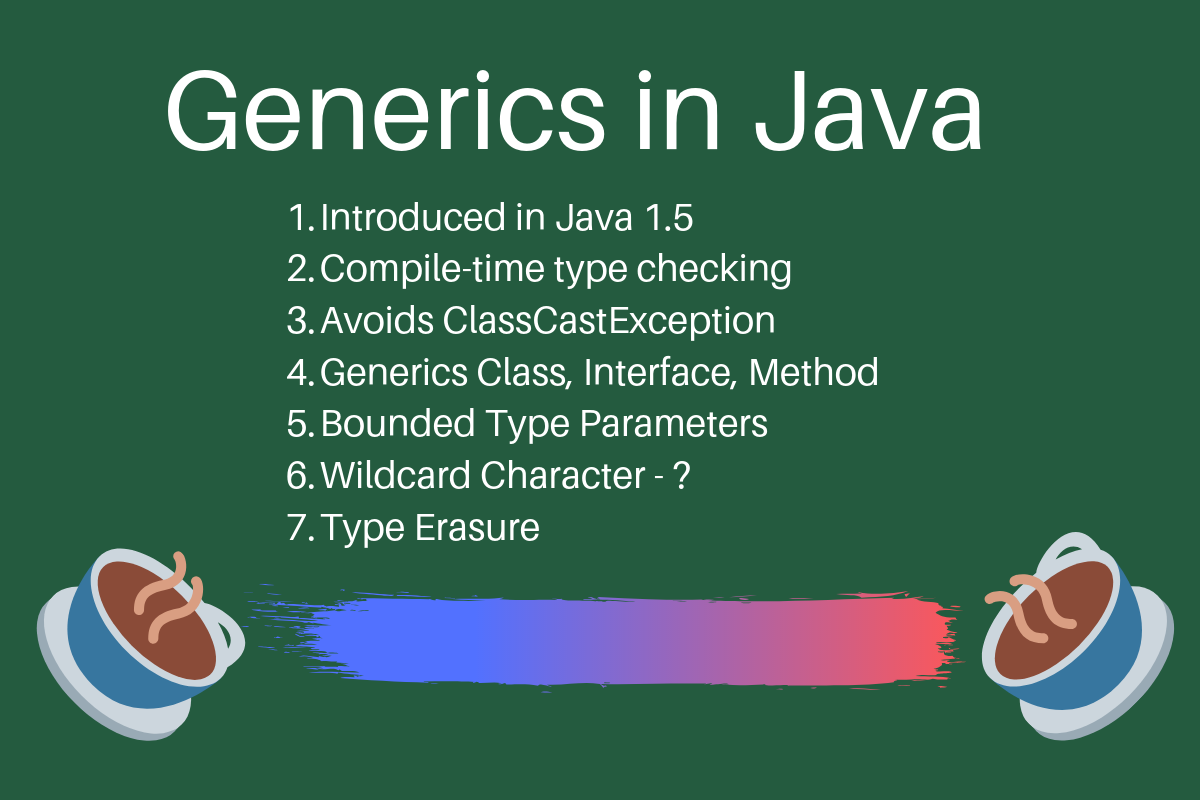
Here's an example of a simple generic method:
javapublic class GenericMethods { public static T identity(T obj) { return obj; } }
In this example, we have a generic method identity that takes one argument of type T. The method simply returns the input object unchanged.
To use this method, you would call it with an actual type, like so:
javaString s = "Hello"; String result = GenericMethods.identity(s); System.out.println(result); // Output: Hello Integer i = 42; Integer anotherResult = GenericMethods.identity(i); System.out.println(anotherResult); // Output: 42
As you can see, the method works seamlessly with different types of data. This is because Java's type erasure mechanism allows the compiler to infer the correct type based on the input.
Now, let's consider a more complex example. Suppose we want to write a method that swaps the values of two objects:
javapublic class GenericMethods { public static void swap(T[] array, int i, int j) { // Java does not support direct swapping of elements in arrays. T temp = array[i]; array[i] = array[j]; array[j] = temp; } }
In this example, we have a generic method swap that takes an array of type T, and two indices i and j. The method swaps the values at these indices.
To use this method, you would call it with an actual array and indices:
javaInteger[] intArray = {1, 2, 3}; GenericMethods.swap(intArray, 0, 1); System.out.println(Arrays.toString(intArray)); // Output: [2, 1, 3]
As you can see, the method successfully swaps the values at the specified indices.
When using generic methods, keep in mind that Java's type erasure mechanism means that the actual type is not stored at runtime. This means that some operations may require additional casting or checks to ensure type safety.
In conclusion, Java generic methods are a powerful tool for writing reusable and flexible code. By using type parameters, you can write methods that operate on different types of data, making your code more robust and maintainable.
generic method java example
I'm happy to help! Here is an example of a generic method in Java:
javapublic class Main { public static void main(String[] args) { // Testing the method with different types of data System.out.println("String: " + printGenericMethod("Hello, World!")); System.out.println("Integer: " + printGenericMethod(123)); System.out.println("Double: " + printGenericMethod(3.14)); } public static String printGenericMethod(Object obj) { // Check the type of the object if (obj instanceof String) { return (String) obj; } else if (obj instanceof Integer) { int i = (Integer) obj; return "The integer is: " + i; } else if (obj instanceof Double) { double d = (Double) obj; return "The double is: " + d; } // If the type is unknown, print an error message return "Unknown object type"; } }
In this example, we have a method printGenericMethod that takes an object of type Object as a parameter. This allows us to call the method with different types of data (String, Integer, Double, etc.).
The method uses the instanceof keyword to check if the object is an instance of a specific class (String, Integer, Double). If it is, then we know how to handle that type of data and return a suitable message.
If the object's type cannot be identified using the instanceof statement, we print out an error message.
This example shows the power of polymorphism in Java, where one method can work with different types of data without needing to write separate methods for each type. This is achieved through the use of generics and the ability to check if an object is an instance of a certain class.
Output:
javaString: Hello, World! The integer is: 123 The double is: 3.14
As you can see, this method works with different types of data (strings, integers, doubles) without needing separate methods for each type, making it more reusable and flexible in its application.
